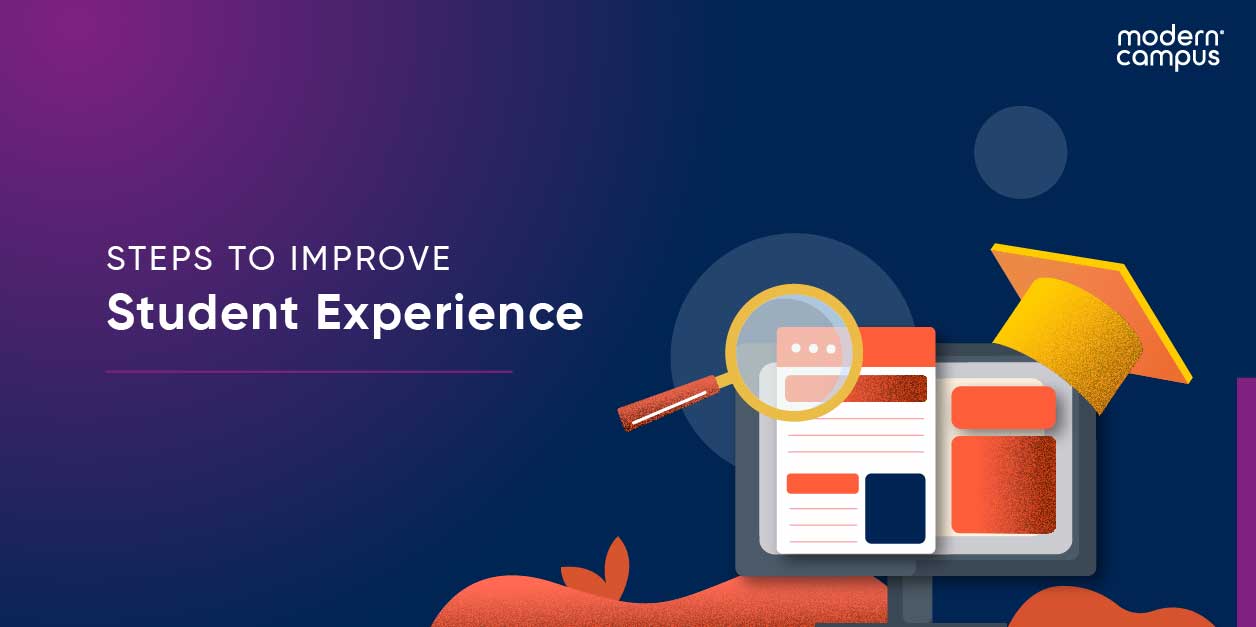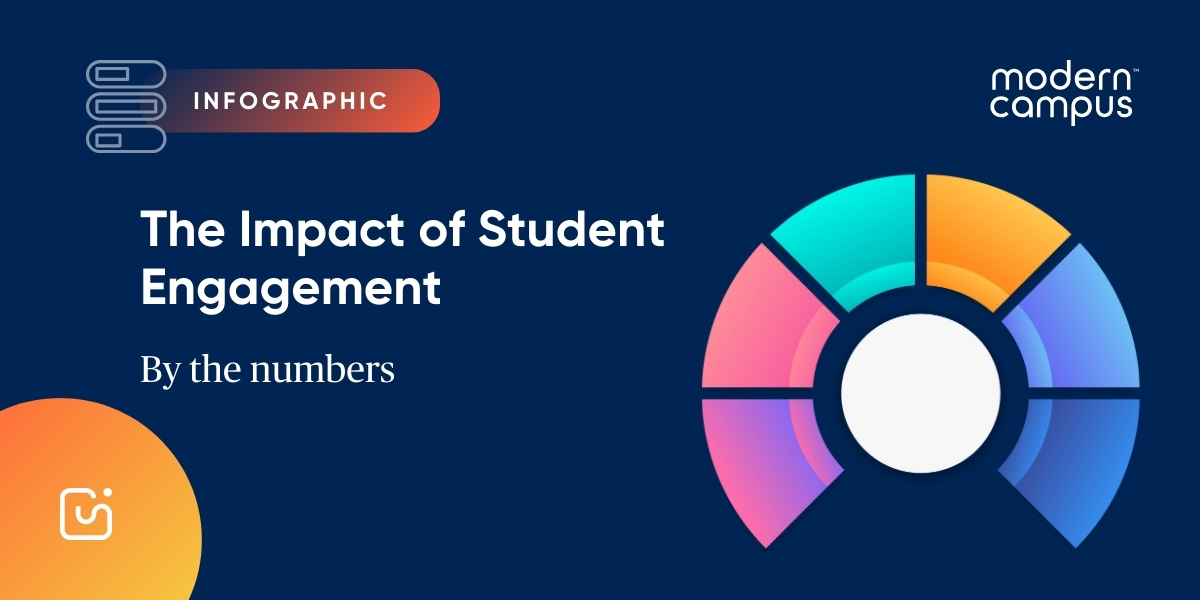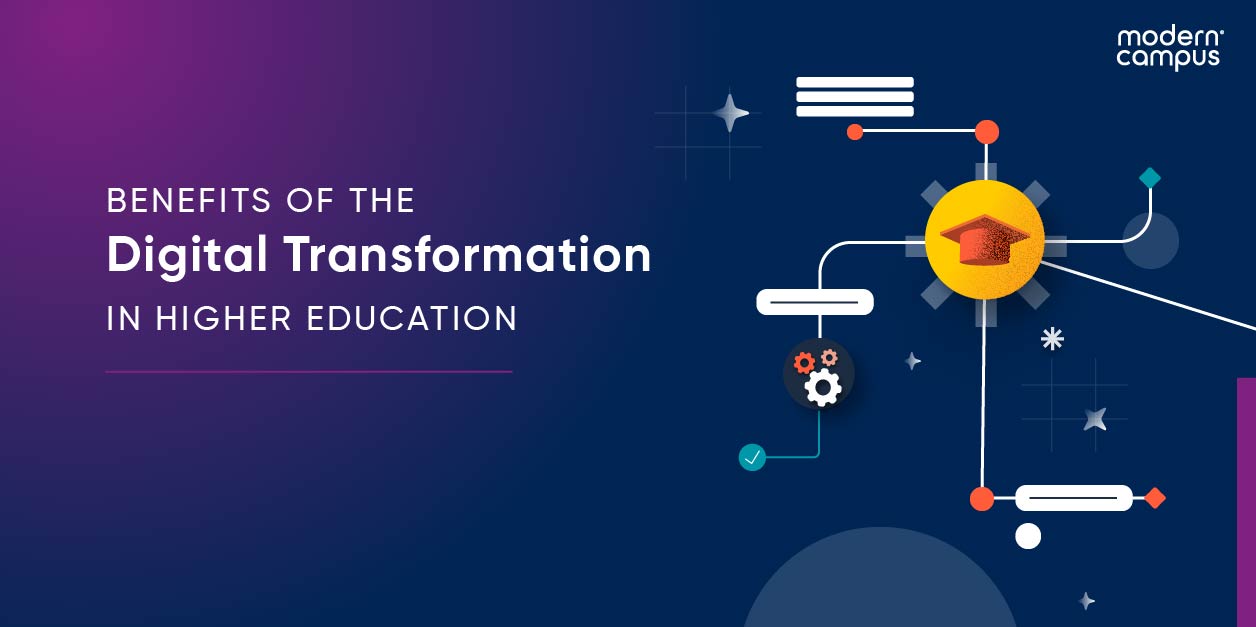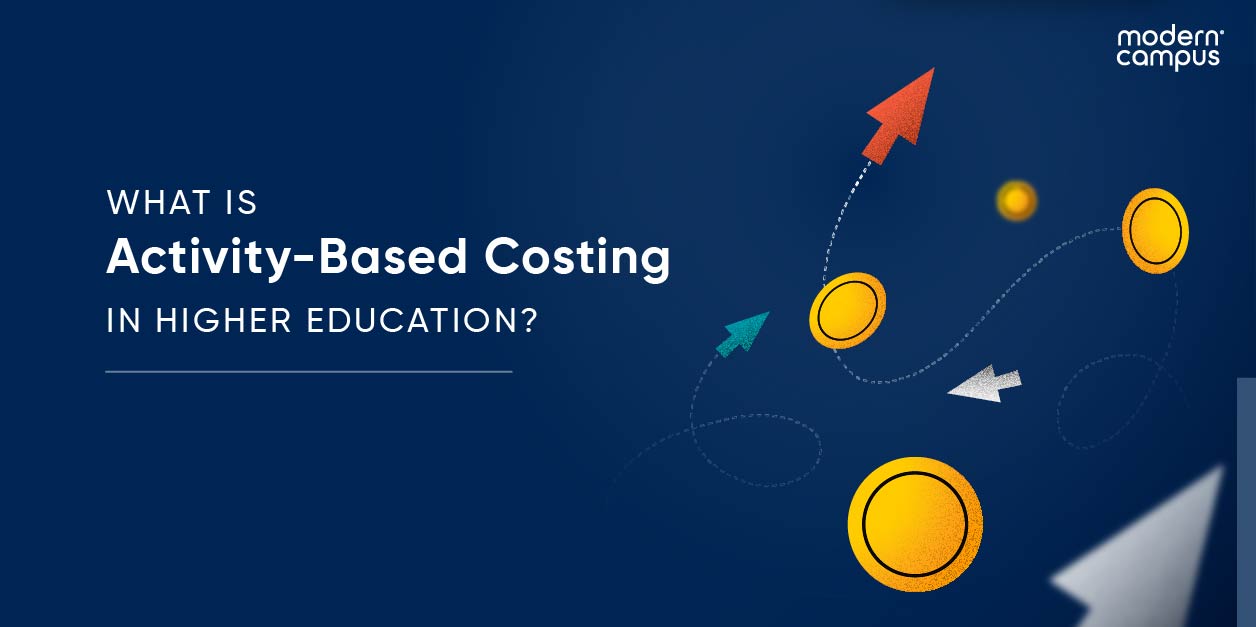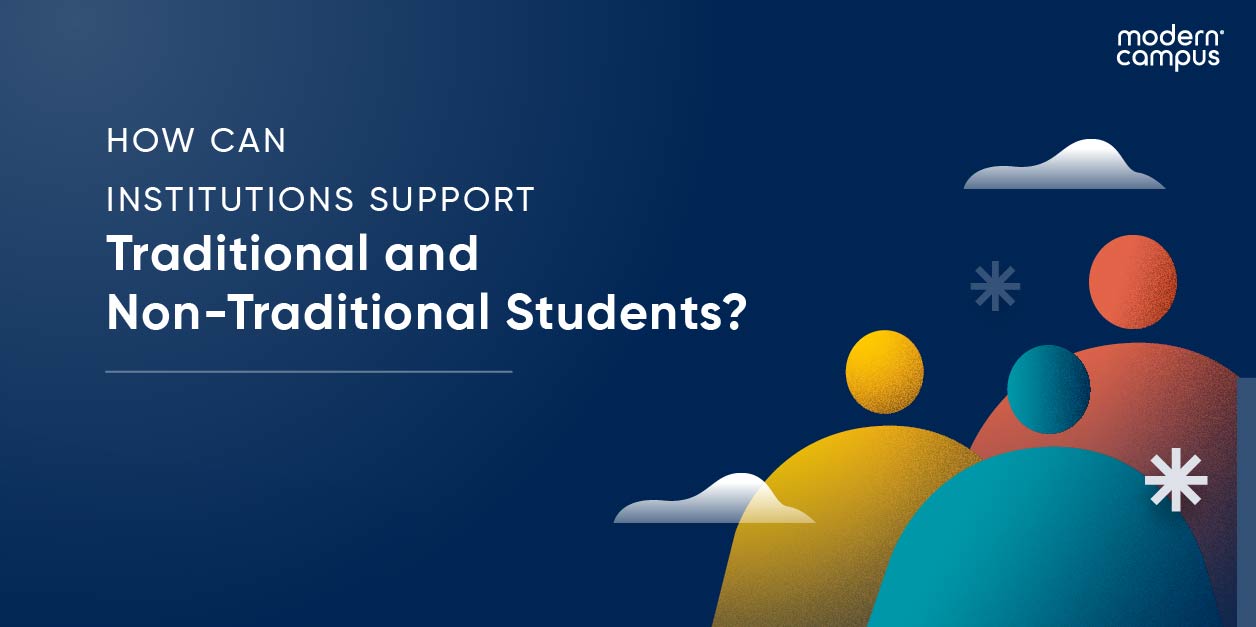The Importance of the Student Experience Within Higher Ed
In the dynamic landscape of higher education, the student experience stands as a pivotal element shaping the academic journey.
As we delve into the multifaceted aspects of this crucial dimension, it becomes evident that the student experience extends beyond the classroom, encompassing diverse facets that contribute to holistic development.
Why is the student experience important?
Beyond the traditional metrics of academic achievements, publicized rankings, and research accolades, the student experience stands as a testament to an institution's level of care for students as its primary customer.
Students who enjoy the higher education experience (both inside and outside of the classroom) are more likely to be retained by the institution, get involved in co-curricular opportunities, and actively engage with their own continuous learning. Thus, by designing a healthy, enjoyable student experience, colleges and universities can boost student retention, better meet the mission of higher education, and graduate high-achieving learners.
How to improve the student experience on campus?
Like most achievements, realizing an improved student experience requires juggling multiple initiatives and setting cross-departmental goals.
The following are some of the top strategies any college or university should consider in wishing to enhance the student learning experience.
1. Understand students' needs
Recognizing the unique challenges, interests, and goals of each student allows institutions to tailor their support systems accordingly. This may involve surveys, focus groups, open forums, and other assessment strategies to gather insights on academic, social, and personal needs.
Institutions should especially seek to gather data on student demographics that are historically and currently underserved, such as first-generation learners, low-income students, adult learners, and international students.
Working to understand and support a wide variety of student needs supports greater equity within higher education and provides opportunities for increasing enrollment.
2. Empower students to have a voice
Creating opportunities for students to voice their unfiltered opinions empowers them to participate actively in their learning development and educational environment.
Student councils, suggestion boxes, student journalism, and regular town hall meetings can be instrumental in encouraging students to express their concerns, suggest improvement, and collaborate with faculty and staff on decisions that impact the campus community.
Additionally, empowering students to involve themselves in continuous campus improvements helps those learners develop essential leadership skills valued by employers. Hearing from your students allows you to understand their interests better, and inviting students into the problem-solving process promotes workforce readiness. It’s a win-win.
3. Enhance campus facilities and services
A thriving campus community is more than just a collection of buildings; it's a dynamic ecosystem that profoundly influences the student experience.
Regular maintenance, accessibility improvements, and the introduction of modern amenities are crucial in maintaining a comfortable, welcoming environment where students are eager to learn and engage.
Institutions should provide well-equipped libraries, tech-enhanced laboratories, and engaging recreational spaces. Collaborating with accessibility services during the design phase will help meet the needs of students with disabilities, and maintaining recreational spaces—such as parks, sports facilities, and communal areas—promotes a healthy balance between academic performance and personal development.
4. Foster a sense of community
Building a strong sense of community isn’t just a frivolous bonus for student happiness; it’s vital for the holistic development of students.
First-year orientation programs are an essential starting place. From there, encouraging participation in student clubs and organizations, campus events, and co-curricular programs fosters a feeling of belonging, promotes social development, and increases student affinity with the institutions.
Through those benefits, student engagement is positively associated with increased retention, persistence, and on-time graduation. Students who are highly engaged with their institutional community, whether in-person or virtually, also maintain higher GPAs, are more likely to feel satisfied with their higher ed experience, and are deemed more career-ready by employers.
5. Leverage technology
Today’s learners, especially Gen-Z, expect technology integrations to enhance all sorts of processes in their daily lives—from shopping to health care and communication. Thus, they expect it within their higher education experience too.
Meeting that demand involves implementing user-friendly educational platforms, offering online resources that improve the digital student experience, and employing effective communication channels for seamless interactions between students, faculty, and staff.
Virtual campus tours, webinars, and online forums can also bridge gaps for remote or international students, while highly personalized websites allow students to connect with relevant campus or community resources more easily.
6. Prioritize student mental health and well-being
As we explored in Improving Student Mental Health within Higher Education, investing in students’ mental well-being is both a moral imperative and essential to the institution’s longevity.
Two out of five undergraduates say they frequently experience emotional stress, and more than one in five American adults lives with a diagnosable mental illness.
Institutions can provide counseling services—including individual therapy, support groups, roommate mediation, and sobriety coaching—to help students manage their stressors and persist in their education.
Academic support services, financial resources, and community engagement can also go a long way in helping students develop effective coping mechanisms, maintain healthy habits, and persist in their education.
7. Foster faculty-student interactions
Encouraging meaningful interactions between faculty and students creates an atmosphere of mentorship and support. Studies have found that positive student-professor relationships enhanced nearly every measurable aspect of classroom success—including higher attendance levels, stronger GPAs, and increased on-time graduation.
Small class sizes, approachable professors, and open office hours all contribute to a positive and enriching academic environment. Institutions should also consider implementing faculty mentorship programs, recruiting faculty to lead or collaborate on co-curricular high-impact practices, and involving classroom instructors in campus social events and academic advising initiatives.
8. Improve career development services
Robust career services — including individual counseling, internships, resume workshops, employers fairs, practice interviews, alumni programs, and networking opportunities — not only help increase students' workforce readiness by helping students understand connections between academia and career but also encourage learners to persist in their studies.
Career development services can also play a pivotal role in nurturing partnerships with local businesses, facilitating guest lectures, and hosting recruitment events. These partnerships benefit both students and industries seeking skilled, well-prepared graduates.
By understanding student needs and empowering their voices, enhancing student services, fostering community, leveraging technology, prioritizing mental health, promoting faculty-student interaction, and offering robust career services, campuses can create an environment where students feel welcome, celebrated, and successful.
Click here or below to download our free infographic examining how an improved student experience impacts student retention, satisfaction, success and more.
Last updated: December 4, 2023
